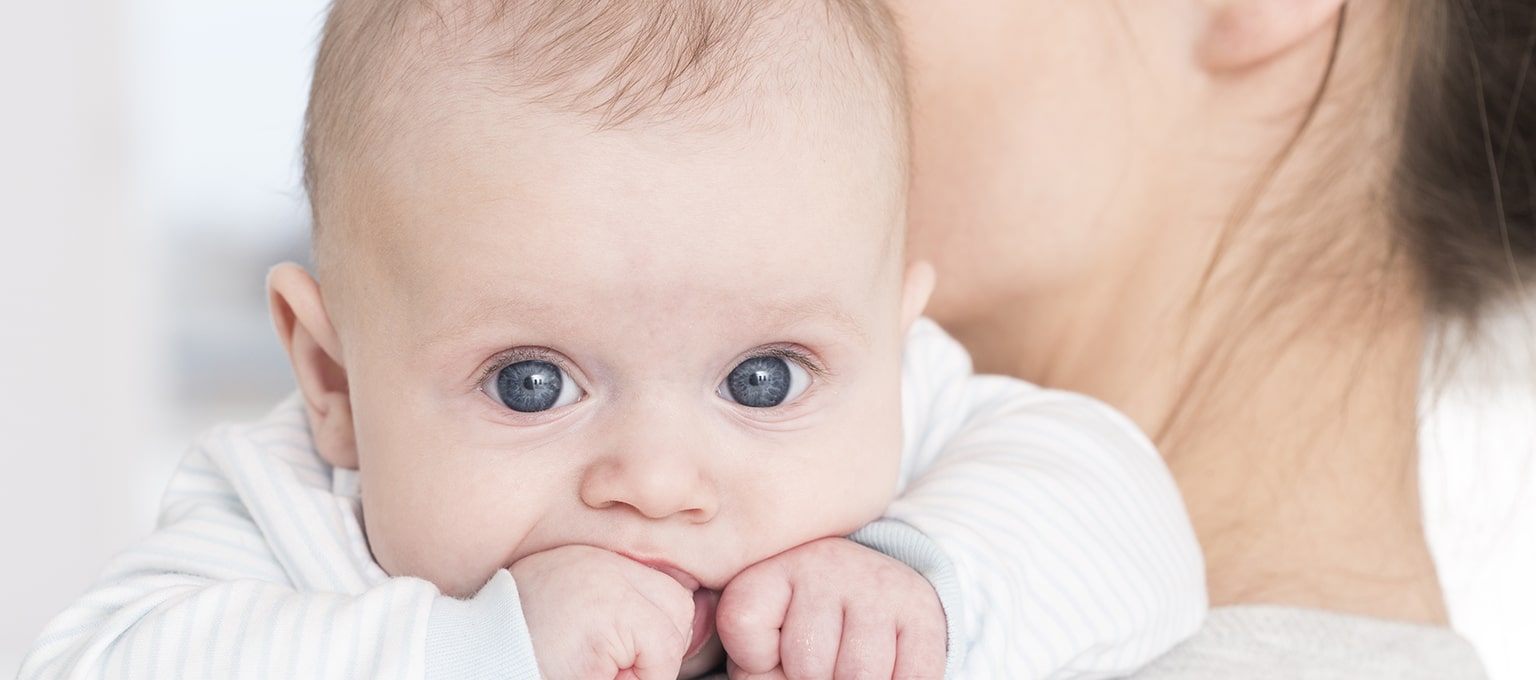As a new parent, it is natural to be curious about when your baby will develop certain physical characteristics. One of the most common questions asked by parents is, “When do babies develop brown eyes?” The answer is not as simple as you may think, as it varies from baby to baby. However, there are some general guidelines that you can follow to get a better understanding of when your baby’s eyes will change color.
Table of Contents
What Determines Eye Color?
Before we dive into when babies develop brown eyes, it’s important to understand what determines eye color. Eye color is determined by the amount and type of pigments in the iris, which is the colored part of the eye. There are two types of pigments that determine eye color: melanin and lipochrome. Melanin is responsible for brown, black, and hazel eyes, while lipochrome is responsible for blue and green eyes.
At birth, most babies have blue or gray eyes. This is because they have not yet developed enough melanin in their irises to determine their permanent eye color. It is not until around six months of age that your baby’s eyes will begin to change color as they produce more melanin.
When Do Babies Develop Brown Eyes?
As we mentioned earlier, the timeline for when babies develop brown eyes varies from baby to baby. In general, babies begin to develop more melanin in their irises around six months of age. However, it can take up to three years for their eyes to reach their permanent color.
It’s important to note that babies who are born with dark skin or have parents with darker skin may have darker eyes at birth and may develop brown eyes earlier. Conversely, babies with lighter skin or parents with lighter skin may have lighter eyes at birth and may take longer to develop brown eyes.
It’s important to remember that the process of developing permanent eye color is gradual and not always predictable. Your baby’s eyes may change color several times before settling on their permanent hue.
Other Factors That Can Affect Eye Color
While genetics play a significant role in determining eye color, there are other factors that can affect how your baby’s eyes look. For example, lighting can have a significant effect on the appearance of your baby’s eyes. Bright light can make eyes appear lighter, while dim light can make them look darker.
Eye color can also be affected by certain medical conditions or medications. For example, some medications can cause the iris to become darker or lighter. Additionally, some medical conditions, such as albinism, can cause the iris to appear lighter due to a lack of melanin.
Conclusion
In conclusion, when babies develop brown eyes can vary from baby to baby. However, most babies begin to develop more melanin in their irises around six months of age, with their eyes reaching their permanent color by around three years of age. Genetics play a significant role in determining eye color, but other factors such as lighting and medical conditions can also affect how your baby’s eyes look.
 Source: bing.com
Source: bing.comFrequently Asked Questions
Q: Can a baby’s eye color change after three years of age?
A: While it is rare, it is possible for a baby’s eye color to change after three years of age. However, once a baby’s eyes have reached their permanent color, it is unlikely for them to change significantly.
Q: Will my baby’s eye color be the same as mine or my partner’s?
A: Eye color is determined by genetics, so it is possible for your baby’s eye color to be similar to yours or your partner’s. However, it is also possible for your baby to have a completely different eye color due to genetic variation.
Q: Can I predict my baby’s eye color?
A: While there are some general guidelines for predicting eye color based on genetics, it is not always possible to predict with certainty what color your baby’s eyes will be.
Q: Can the color of my baby’s eyes affect their vision?
A: The color of your baby’s eyes does not affect their vision. However, certain medical conditions that can affect eye color may also affect vision. It’s important to have your baby’s eyes checked regularly by a pediatrician or ophthalmologist to ensure that their vision is developing properly.
Q: How can I protect my baby’s eyes from the sun?
A: It’s important to protect your baby’s eyes from the sun by using a hat or umbrella to block direct sunlight, and by using sunglasses that provide 100% UV protection.
